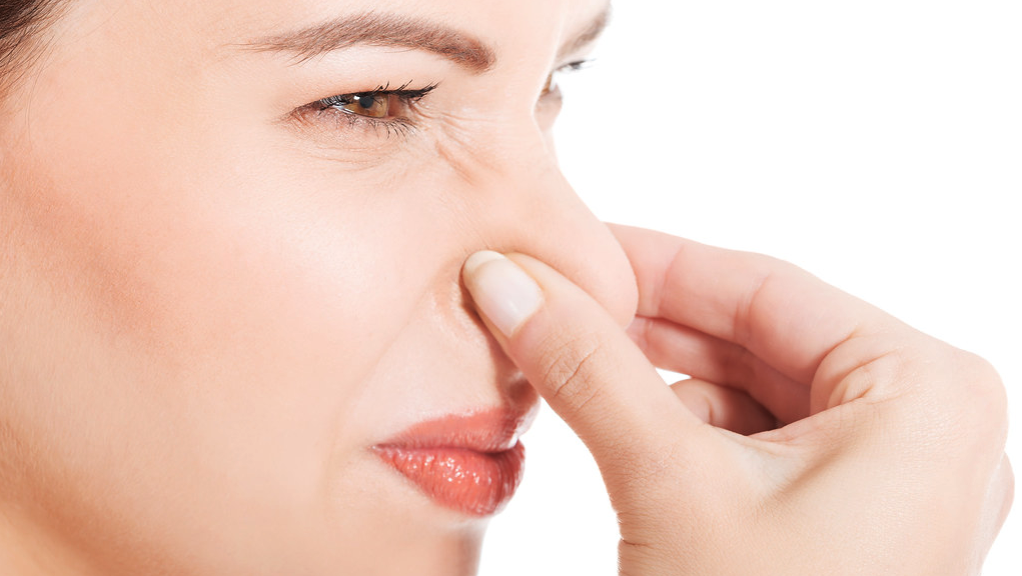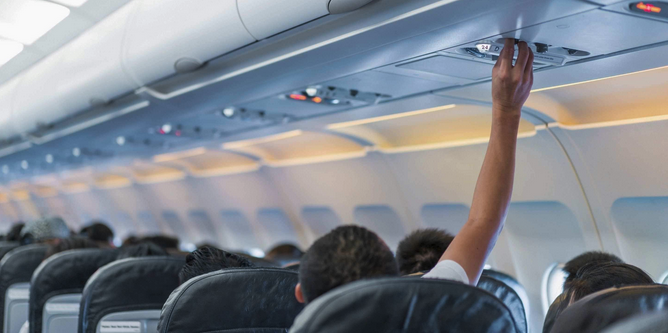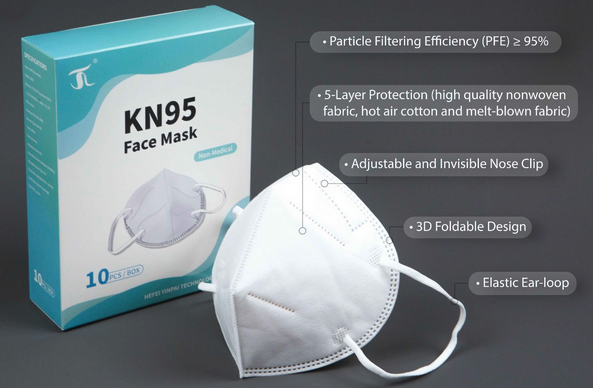For those of us sitting in coach, unless you and your travel partners fill up the entire row, chances are you’re going to be sitting next to a total stranger. If you’re lucky, they’ll be pleasant and follow all the unwritten rules of flying. Other times you may totally lose the seating lottery and not only do you have a stranger sitting next to you…but they smell. Badly.

Maybe they smell like they haven’t bathed in a long time. Perhaps they have really bad breath. Maybe the odor suggests a lack of personal hygiene in certain unmentionable places. Whatever the case, it’s a 4-hour flight. So now what?
You have options!
You don’t have to just grin (or grimace) and bear it and hope the flight goes quickly. There are a few things you can proactively do to help your situation.
Tell the flight attendant
Airlines DO all have rules in their Contract of Carriage about body odor. Here are what the 3 legacy airlines say, although every U.S.-based airline has similar verbiage:
- American Airlines: Be respectful that your odor isn’t offensive (unless it’s caused by a disability or illness).
- Delta Air Lines: By way of example, and without limitation, Delta may refuse to transport or may remove passengers from its aircraft in any of the following situations: #8 – When the passenger’s conduct, attire, hygiene or odor creates an unreasonable risk of offense or annoyance to other passengers.
- United Airlines: UA shall have the right to refuse transport on a permanent or temporary basis or shall have the right to remove from the aircraft at any point, any Passenger for the following reasons: #16 – Passengers who have or cause a malodorous condition (other than individuals qualifying as disabled)
So yes, you can tell the flight attendant, preferably before takeoff.
But please, don’t be an A-hole, point and say “They stink.” I mean, do unto others, right? So get up, find a flight attendant and quietly, discreetly let them know that the passenger next to you smells badly. If there’s an empty seat on the plane, hopefully they’ll be able to relocate you to it.
However, even if the person has an odor, there’s no guarantee they’ll be removed from the flight. The smell could be due to a disability they have, in which case they have a right to remain on the plane. And because I know someone is going to ask, such disabilities could be, but are not limited to:
- Bromhidrosis (a medical condition that causes extreme body odor. It occurs when your skin’s bacteria breaks down sweat and produces an abnormal smell that mimics sulfur or onions.)
- Hyperhidrosis (this condition causes your body to sweat more than normal, which can cause sweat-related B.O.)
- Thyroid conditions (your thyroid glands regulate many bodily functions, including your sweat response. When you have hyperthyroidism [overactive thyroid] or Graves disease, your body can produce an excessive amount of sweat, even if you aren’t exerting yourself. And again, sweat can = body odor.)
- Kidney failure and liver dysfunction (The kidneys and liver help remove toxins from your body. When they cannot function properly, toxins can build up in the blood and digestive tract, creating odors similar to bleach or ammonia.)
- Trimethylaminuria (it’s very rare but this is a disease that prevents your liver from breaking down the chemical compound trimethylamine. When your body can’t break down this compound, it builds up in your body and is released in your sweat, urine and breath. It has been described as smelling like fish, rotten eggs, or urine.)
- Hormonal disorders (as any teenager, pregnant or menopausal person can tell you, hormone fluctuations can cause excessive sweating, which, in turn, can cause body odor, even soon after showering.)
- The side effects of certain medications (including but not limited to some antidepressants, antiseizure medications, methadone, omega-3 fatty acids) may include sweating.
- Certain gastrointestinal issues can cause uncontrollable flatulence.
- Diabetes, gout and having an infection can also cause various body odors.
Anyway, if the person’s body odor is caused by a disability and it’s determined they’re allowed to remain on the plane, the following options might be helpful:
Use your air vent

PC: Honeywell
That overhead air vent can do more than keep you cool. When aimed to land on your face, it can also blast smelly air away from your nose.
Use a mask

During the pandemic, many people used masks (particularly KN95 masks) to prevent breathing in the COVID-19 virus. The same masks can also help keep bad odors out.
A cheap or homemade 1- or 2-ply mask, or one of those silly gaiters that people would wear won’t do a thing to keep the bad smell out of your nose, just as the holes in them were too big to keep out microscopic virus molecules, they won’t keep out smelly molecules either. But a well-fitting KN-95 mask will help keep out a decent amount of “malodorousness.”
Vick’s VapoRub

Bring a small container (they even sell one that’s the size and shape of a lip balm so it can fit in your bag o’ liquids) and rub some under your nose. It won’t make the smell go away completely, but it should help to take the edge off. (BTW, this, with the KN-95 mask? (*chef’s kiss*)
Feature Photo: Aqua mechanical // flickr // CC BY 2.0
Want to comment on this post? Great! Read this first to help ensure it gets approved.
Want to sponsor a post, write something for Your Mileage May Vary, or put ads on our site? Click here for more info.
Like this post? Please share it! We have plenty more just like it and would love it if you decided to hang around and sign up to get emailed notifications of when we post.
Whether you’ve read our articles before or this is the first time you’re stopping by, we’re really glad you’re here and hope you come back to visit again!
This post first appeared on Your Mileage May Vary

2 comments
Just so you know, it’s Graves disease or Graves’ disease, not Grave’s disease. It was first described by Robert James Graves. (Medical eponyms are often written without a possessive, like Down syndrome or Down’s syndrome, so the apostrophe isn’t required, but if present, it goes after the “s”.)
Noted and corrected. Thank-you. I was an occupational therapist for over 2 decades and should have known that (I knew it for Down syndrome). My bad.